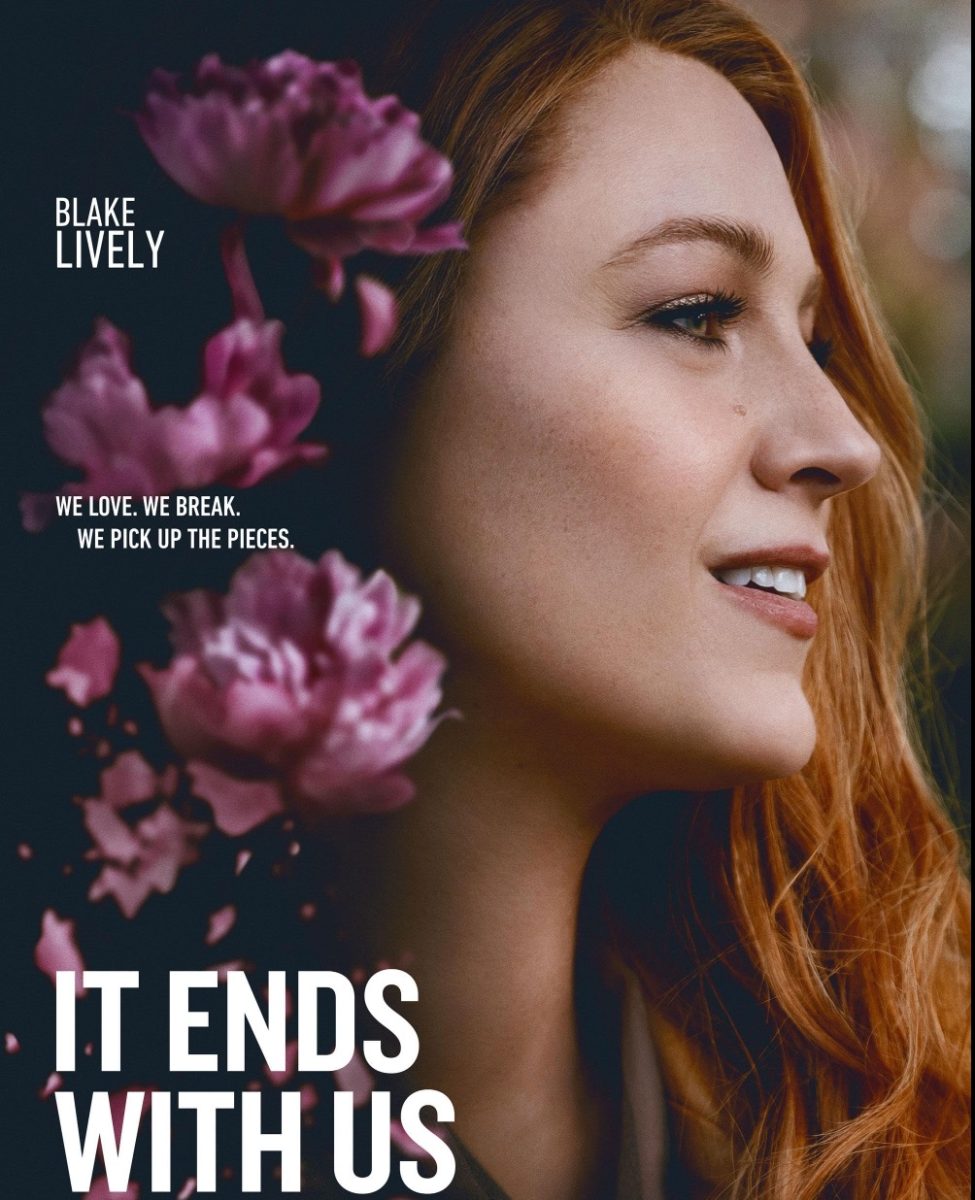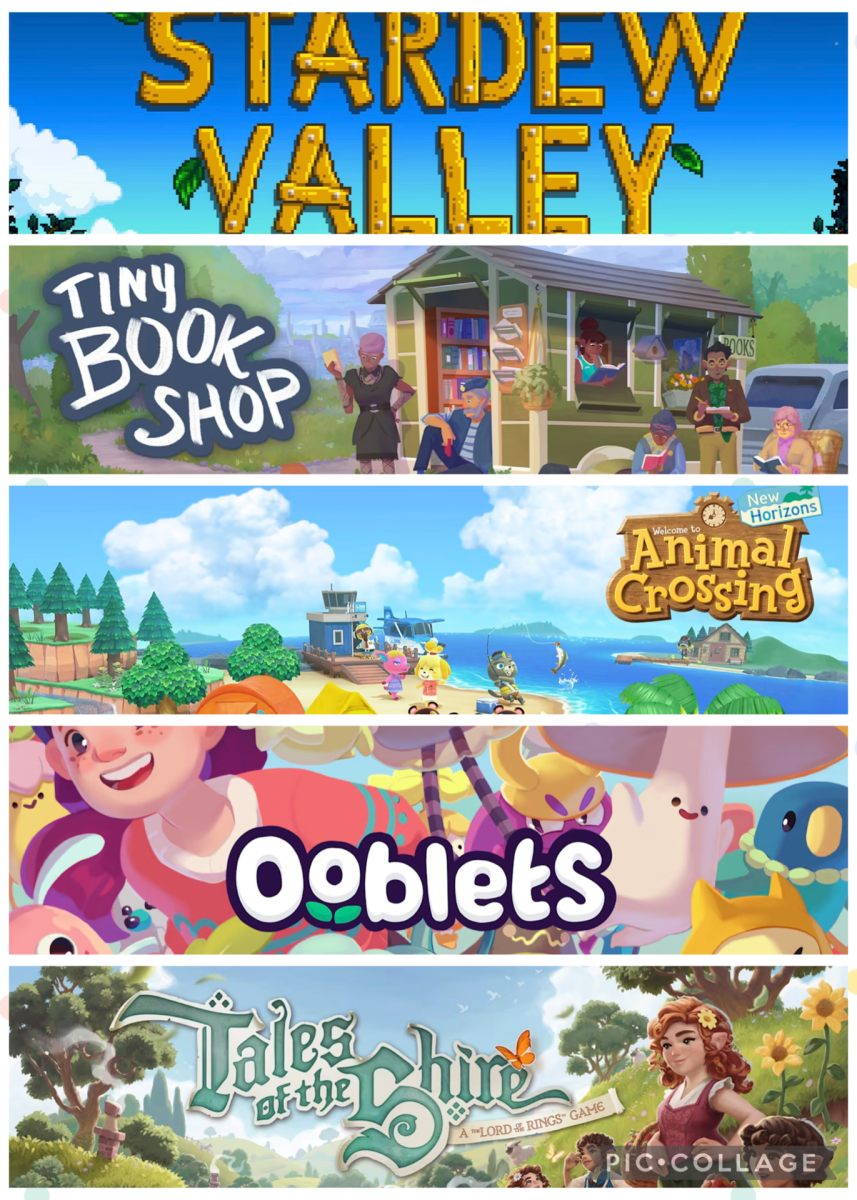In Hollywood, movie promotions have taken center stage in shaping public perception, but not always in ways that align with a film’s core message. In the promotion of “Don’t Worry Darling,” the film’s deeper themes of control and domestic violence were overshadowed by off-screen drama and light-hearted press events. Despite the film’s focus on serious societal issues, the promotional campaign leaned into superficial tabloid controversies surrounding the cast, diluting its intended impact. This trend, where carefree marketing overshadows the gravity of a film’s themes, raises important questions: Are such promotional strategies diminishing awareness of critical social issues like mental health and abuse?
One of the clearest examples of this disconnect can be seen in the promotion of “It Ends With Us,” a film adaptation of Colleen Hoover’s novel about domestic violence. Blake Lively, the film’s lead actress, has come under fire for promoting the movie in ways that critics argue trivialize its serious subject matter. The marketing campaign, which included a pop-up re-creation of the film’s flower shop and glittery social media posts, painted the film as light and fun, a stark contrast to the grim reality of its themes. Lively even encouraged fans to “grab your friends, wear your florals, and head out to see it,” framing the movie as a girls’ night out despite its focus on intimate partner abuse.
This incongruity extended beyond florals and pop-ups. Lively used the film’s promotion as a platform to promote her personal ventures, including her new haircare line, Blake Brown, and her beverage company, Betty Buzz. She’s even made references to her husband Ryan Reynolds’ upcoming Marvel film “Deadpool & Wolverine” during red carpet interviews. The focus on personal branding and unrelated projects, all while promoting a film centered on domestic violence, felt inappropriate and out of touch with the sensitive nature of the subject matter. Critics have since voiced concerns that this strategy risks trivializing the film’s message.
The backlash to “It Ends With Us” is emblematic of a larger problem in Hollywood: when serious topics are marketed with carefree strategies, the emotional weight of these stories is often diminished. Promoting a film about domestic violence with floral dresses and light-hearted quips not only feels tone dead but also risks alienating audiences who take the issue seriously. Framing domestic violence as an entertaining night out with friends minimizes the severity of the issue and undermines the film’s core message.
Another example of misaligned marketing is the 2019 film “Joker,” where promotional materials leaned heavily into the chaotic and rebellious nature of the main character, eclipsing the film’s profound exploration of mental illness and societal alienation. While the movie attempted to delve into serious themes, its marketing focused on shock value and rebellion, which sparked debates about whether the campaign was responsible for its handling of such sensitive issues.
Hollywood has long struggled with how to market films that tackle delicate social topics without undermining their message. Movies addressing mental health, abuse, and social inequality are frequently marketed with flashy red-carpet events and the film’s underlying message. However, would a more subdued, low-energy campaign that goes unnoticed serve any better? The challenge lies in finding the right balance. As more films tackle critical social issues, the responsibility of actors and marketing teams to honor the themes of these films becomes increasingly important. While promotional strategies are crucial for commercial success, they should not come at the cost of diminishing the weight of the story being told.
Marketing has the power to either amplify a film’s message or overshadow it entirely. “12 Years a Slave,” a film about the horrors of slavery, is a good example of how thoughtful promotion can enhance a film’s impact. The marketing team emphasized the historical importance and emotional depth of the film, ensuring that its significance wasn’t lost in commercial tactics. The film’s message remained front and center, allowing its weighty subject to shine through in both the campaign and the final product.
In contrast, the promotional strategies for films like “It Ends with Us” and “Joker” demonstrate how marketing can sometimes go awry. While the flashy, carefree campaigns were designed to grab attention, they risked trivializing the sensitive themes at the heart of the films. In both cases, the marketing overshadowed the emotional core of the stories, making it difficult for audiences to fully engage with the film’s intended messages.
Ultimately, Hollywood must find a way to balance commercial success with the sensitivity needed to market films addressing serious social issues. Promotional campaigns should elevate, rather than diminish, the importance of the stories being told. As more films seek to explore complex and challenging topics, thoughtful, aligned marketing strategies are not just desirable – they’re necessary to ensure these messages resonate with audiences long after the credits roll.












